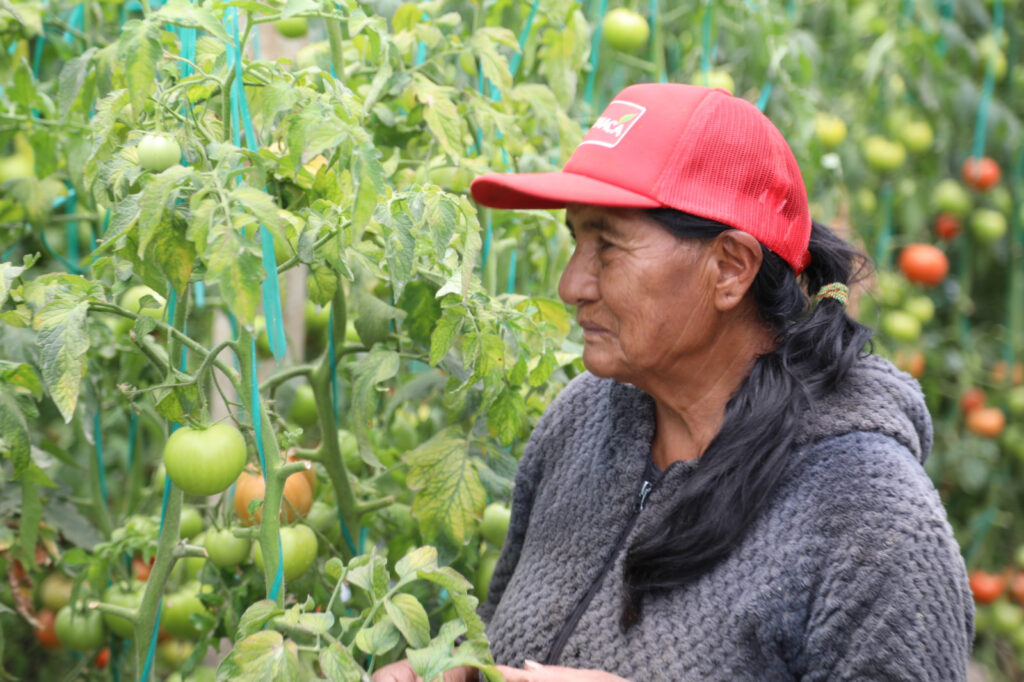The City Gardens The place Gender and Local weather Justice Develop

Whereas anybody can take part, AGRUPAR prioritizes susceptible populations, comparable to victims of home violence, feminine heads of family who’re unemployed, aged girls, people who find themselves disabled, and refugees. Consequently, girls in susceptible conditions symbolize 84% of individuals, who’re skilled in agroecology, farm animal husbandry, meals processing, and entrepreneurship to enhance livelihoods and improve meals safety.
“That is about the correct to meals,” says Alexandra Rodríguez Dueñas, the coordinator of AGRUPAR. “In Quito, meals is commonly seen because the accountability of girls inside households. By supporting city farming, we’re supporting girls.”
Sitting excessive within the foothills of the Andes at round 9,000 toes altitude, Quito is surrounded by mountains with solely two entry roads. Its geographic place means it’s susceptible to exterior meals provide disruption, making city agriculture packages essential.
Proponents say locally-resilient city meals programs like Quito’s, which promote agriculture primarily based in and round cities, not solely assist susceptible teams and battle meals poverty, but additionally reduce the local weather toll of meals manufacturing, preserve cultural traditions of farming, increase the consumption of wholesome meals and even encourage socializing.
Whereas the inexperienced pattern for city-grown meals is newer, Quito’s city agriculture mission dates again a long time to Ecuador’s financial disaster within the Nineteen Nineties, which noticed a swap of forex from the sucre to the greenback, immediately devaluing native salaries and forcing many into meals insecurity. Some 48% of the inhabitants have been then residing under the poverty line.
“City agriculture was our technique to create entry to meals,” says Dueñas.
Through the years, greater than 4,000 allotments have been created: city farming on roof terraces, greenhouses inside the metropolis heart, bigger farms on the outskirts of Quito, peri-urban and rural farms that offer inner-city residents.
The city gardens produce greater than 1.95 million kilograms of natural meals per yr – about 4.3 million kilos. Most of the gardeners promote their organically-grown meals in over a dozen weekly metropolis markets generally known as “bioferias” that present a gross sales level for producers.






